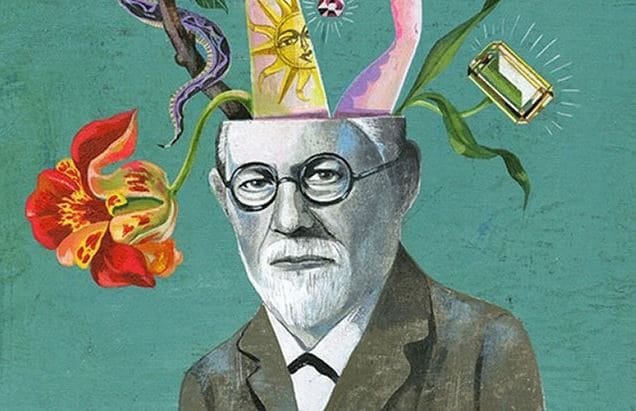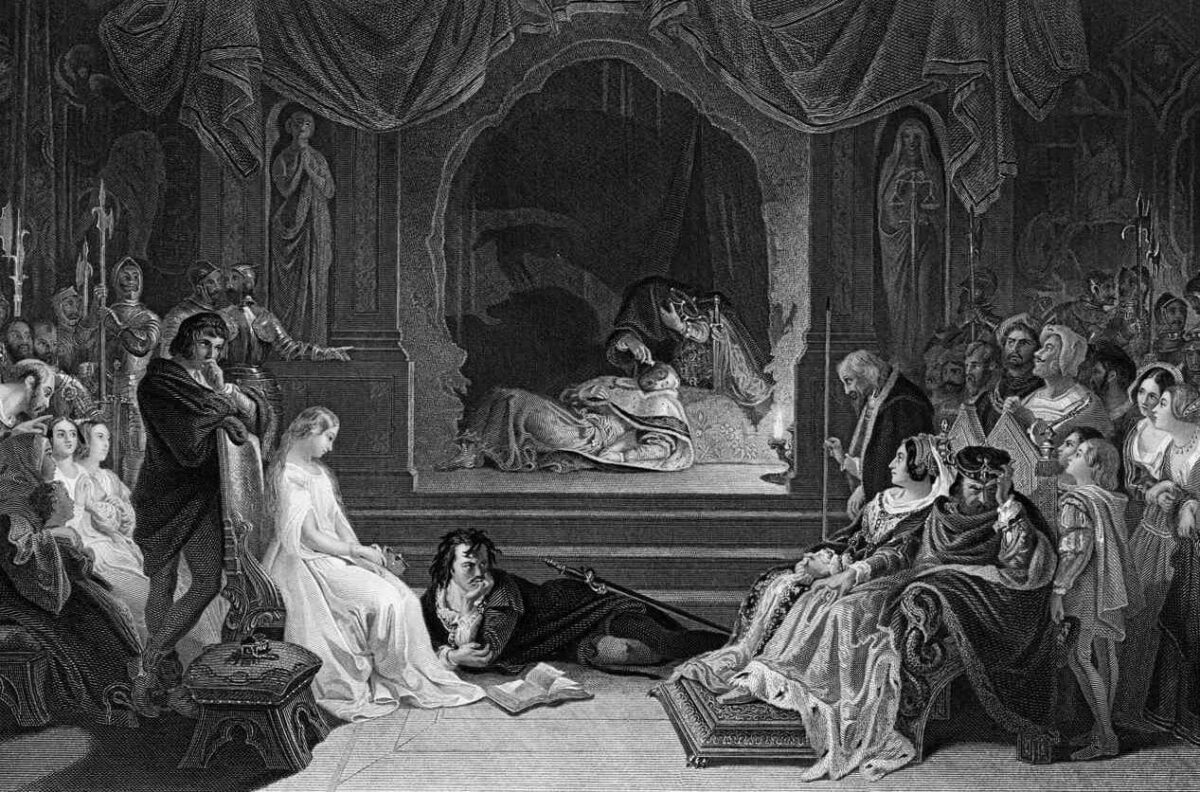Introduction
Since ancient times, dreams have been believed to have hidden meaning or present an important message. Sigmund Freud developed theories to help interpret dreams and postulated that they reveal several things, such as unconscious desires and the fulfillment of wishes. This knowledge has been applied in psychoanalysis and many other areas. Freud’s theories that enhance the interpretation of dreams include his concepts of symbolism, repressing desires, and free association.
The Concept of Symbolism
Freud’s theory of dream interpretation is primarily based on the idea of symbolism. He postulated that the dreams that people have tend to present unconscious desires (Riley, 2020, p. 109). These hidden wishes can only be determined by properly interpreting the dream. Freud explains that the meaning of a dream, which is also described as its latent content, can only be revealed if its manifest part is understood (Riley, 2020, p. 109). For this reason, understanding a dream requires careful analysis of several aspects, including its causes, much like drafting a thesis acknowledgement for a scholarly project. The unconscious wishes that people hold to contribute to the content of their dreams, and Freud used the term ‘censoring agency’ to refer to the process by which the former leads to the latter (Riley, 2020, p. 109). He explained that when people are dreaming, they process wishes that they cannot consciously agree to have, even to themselves. Thus, interpreting a dream requires individuals to figure out what it symbolizes or reveals, and this starts with a consideration of the hidden desires.

Repressing Desires
In his theory of dreams, Freud also uses the concept of ego to help analyze and interpret dreams. If a person’s ego is high when they are asleep, it becomes more relaxed when they are awake, and this means that they have more conscious experiences or impulses in their dreams (Sheppard, 2021, p. 60). In this case, dreaming is believed to enhance wish fulfillment for desires that have been repressed. Further on, Freud considered dreaming as a ‘royal road to the unconscious’ because the thinking process is way less censored when one is asleep (Sheppard, 2021, p. 61). This process helps one to know what is in their unconscious mind. Thus, dreams can be interpreted to mean repressed desires, including those in the conscious and unconscious mind.
Free Association
Lastly, Freud described his theory on interpreting dreams through the concept of free association, which also helps in psychoanalysis. If you’re wondering how to start off a summary of Freud’s methods, focusing on free association is a logical starting point. Dreams are considered as ‘unexplained neurotic symptoms’ or as ‘delusional or obsessional ideas’ while ignoring the need to consider their content or any excommunication made (Rogoff, 2021, p. 127). Any unconscious motives and underlying issues, such as troubled relationships, are evaluated. The images in dreams are considered to be important elements for free association (Rogoff, 2021, p. 128). People are encouraged to consider all issues, including things that seem unimportant or irrelevant to them, since these could affect their unconscious thought processes. Thus, Freud shows how psychoanalysis can help in the interpretation of dreams so as to reveal their meaning.
Conclusion
In order to help interpret dreams, Freud developed theories relating to the concept of symbolism, repressing desires, and free association. To understand the meaning of a dream, Freud explains the need to determine what it symbolizes and to consider repressing desires, including those in the unconscious mind. Moreover, he explained how the free association technique helps to interpret a dream since people express their thoughts and feelings. Thus, Freud’s theories have been important in helping people understand the true meaning of their dreams.
References
Riley, E. (2020). Lucid dreaming, waking life unlocking the power of your sleep. Toplight Books.
Rogoff, S. (2021). The politics of the dreamscape. Springer International Publishing.
Sheppard, R. (2021). Sigmund Freud: The man, the scientist, and the birth of psychoanalysis. Rosen Publishing Group.


